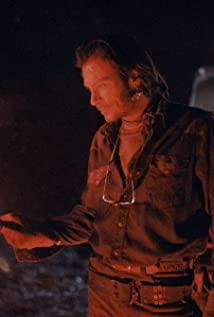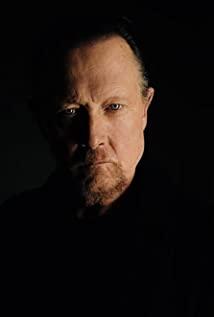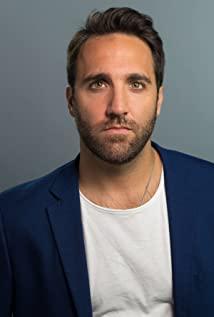In human culture, disease is a complex concept that has long gone beyond the scope of medicine and has become a metaphor in civilization and culture. Some illnesses elicit sympathy, while others are repulsive to avoid. "The Extraordinary Road" does not choose sympathetic cancers like "The Cancer-fighting Me" or "The Girl with Nine Wigs", which are destined to arouse people's general feelings of pity, which makes it easy for the film to present Inspirational colors. But "The Extraordinary Way" selected three patients with mental disorders, one is Vincent with Tourette's syndrome, one is Alex with obsessive-compulsive disorder and cleanliness, and the other is a girl with anorexia Mary. From a cultural perspective, psychological and mental illnesses can cause a lot of embarrassment due to their bizarre symptoms and uncontrollable behavior and language. Compared with physical pain, these mental illnesses are more like the scars of civilization. It is precisely because of these characteristics that a distinctive psychological foundation has been laid for this film.
Vincent's father was a politician, and his mother's death not only hit him hard, but also further alienated him from his father. His father sent him to a treatment center. On the surface, it is to correct the disease for him, but in fact it is a certain degree of isolation and abandonment. In the treatment center, Alex became his roommate, and later he befriended the girl Mary. Vincent wanted to get out of here, and together with Mary, he stole the car keys of the director of the treatment center, and accidentally brought Alex with him. The three people ran all the way. On the way, these "patients" who were out of tune with normal life tried to accept each other a little bit, and then tried to integrate into the normal world a little bit.
From the moment they get in the car and run, there is a sudden brightening in the movie. That feeling of running into the free world became the strongest motivation to hit the road. In fact, what is even more interesting is that the movie shows two clues, one is the "Flying Lunatic Asylum" where the three people escaped collectively; the other is Vincent's father and the director of the treatment center looking for the child together. If the first line shows people's yearning for freedom, then the second line is responsible for showing healing and redemption. Before that, the father as a politician regarded image and order as the most important things. He wants his son to be decent, but his eccentric illness has become a negative asset to his campaign. During this journey of pursuit, my father has moved away from his professional identity and is closer to a simple fatherhood. He gradually confided his heart to the person in charge of the treatment center, and all the hard things in his heart peeled off and melted little by little. He recalled those good times, the pictures he took with his wife at the beach, and the hope when the child was born. The father accepted the reality on the way, and also accepted the "imperfect" or even "crippled" son, and at the same time, the three young people also reconciled with the world.
The settings of these three diseases are very interesting. Serious cleanliness and obsessive-compulsive disorder cannot be integrated into the real world at all. In their eyes, everything is unclean; Tourette's syndrome is anti-civilization and seems to be aggressive; more Not to mention the anorexia of being unable to eat at all. Originally, these people were all outcasts of this world, not only abandoned by the normal world, but even hostile to each other. But in the process of fleeing, in order to survive, they formed a wonderful cooperation that complements each other's strengths. First of all, they stopped laughing at each other and learned to accept each other. This is the first step in healing. Then, they began to try to correct their behavior as much as possible and try to enter the normal world. Alex often talks about "behavioral modification," something the treatment center has been emphasizing on them. But in a closed space, in a state of isolation and confinement, behavior modification is almost empty talk, and they can only deepen the psychological suggestion that "they are monsters". But this escape has become a real behavior correction.
"Extraordinary Road" uses a road to heal people at both ends. Both the pursued and the pursuer approach the psychological middle point in this journey. They finally meet each other, but it is no longer the previous "chasing and fleeing". ", but a settlement was reached. The three patients knew what their problems were and were willing to seek solutions. As a father, he seemed to be aware of his "disease", and his seemingly normal self did not seem to be without problems.
The most familiar actor in "The Great Road" is probably Dev Patel, the actor who made his name in "Slumdog Millionaire" this time around, and his performance is still good this time, a neurotic, image-destroying performance Impressive indeed. The three actors very delicately present a process of slowly opening their hearts. At first, their eccentric behavior is uncomfortable, but gradually one can see three lonely and even hopeless hearts. In the end, you will be Impressed by stubbornness. We will always encounter "different people" in our lives, and perhaps we will not allow ourselves to be malicious and indifferent, and we will find that they are not monsters.
(Text / Yang Shiyang)
View more about The Road Within reviews











